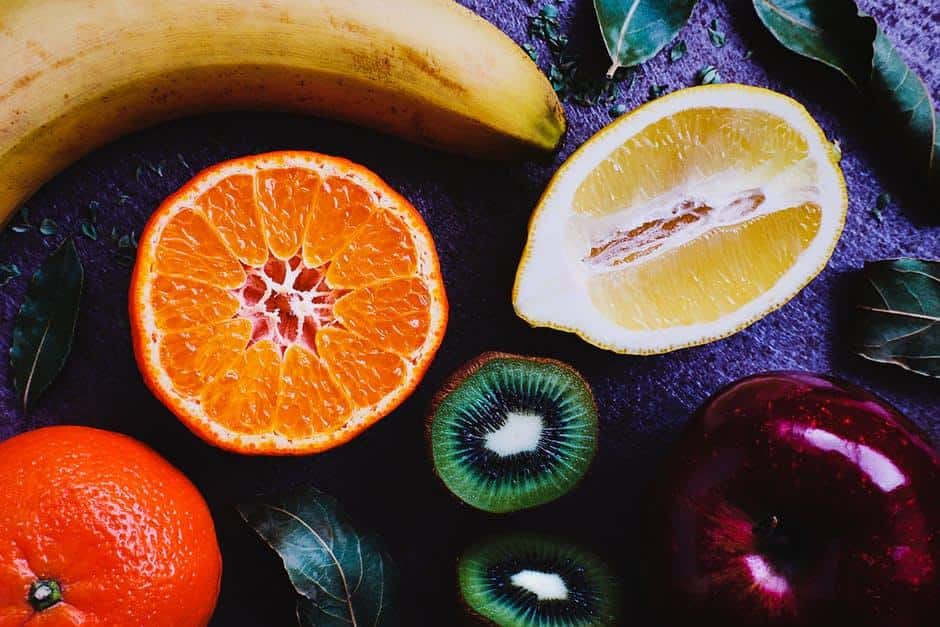We put a lot of emphasis on diet and exercise as a society. Exercise is somehow the more simple of the two components to a healthy lifestyle — yes there are right and wrong ways to exercise, but by and large it’s understood that exercise is good in any form. Food, however, comes with a lot of myths, legends and uncertainties. Can we really eat this one type of food on a diet? Is this food really as bad for you as you think it is?
Instead of living a life of confusion, let’s start to take away some of the myths surrounding food and talk turkey — pun intended. Here are two food dos and two food don’ts that you should start living by.
DO graze throughout the day.
While the idea that three square meals a day is something culturally ingrained in us and almost as American as the apple pie we’re supposed to eat for our fourth meal (dessert), we’ve also heard a lot about how it’s better to eat lots of small meals throughout the day. Which is better for you? Technically the latter.
The reason for eating four to six small meals a day has to do with leveling out your body’s blood sugar and metabolism. Eating large meals at set intervals doesn’t allow for your body to process them in an energy efficient way. Smaller meals throughout the day boosts your metabolism and keeps glucose consistent.
DON’T overload your portions.
Do you actually know what a normal portion size for anything you eat is? Depending on whether or not you’ve ever looked at what a portion size is, your methodology for serving food might be a little on the large side. Ask most people and they’d assume that a real portion of food is about twice the size of what a real portion is.
DO plan for cheating.
If you’re on a diet, or you want to avoid eating unhealthy foods that you know you might give in to, it’s always a good idea to have some snacks on hand that ARE clean and healthy. The good news is that the longer you stay away from unhealthy snacks and substitute them with better alternatives, the less and less you’ll want to give in to that temptation.
Nuts are always a good option. They’re easy to store and carry, have lots of good nutrients and can easily be eaten anywhere at any time.
DON’T forget to start planning meals.
Knowing what you’re going to eat and when you’re going to eat it sounds like a drag at first, but soon you’ll realize that it’s nothing but helpful organization and a time-saving solution. When you plan meals, you’ll never have to ask yourself what tonight’s dinner will be, and you’ll also never have to face the temptation of not knowing what’s on the menu and substituting a nice meal for fast food or quick takeout. The longer you keep up your scheduling, the more natural it will be.








